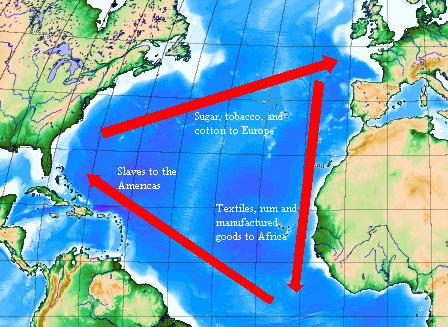Hello everybody,
Today we
have the Social Science exam of unit 1 of the first term. Today the class
started at eight o’clock to have more time to do the exam,
but not all the people came to this hour.
The first question
was about the Modern Era, the thing they have in common and their main
representatives. The Modern Era is the period of history between the Middle
Ages and the Contemporary Era. This Era finished with the French Revolution and
the beginning of the Industrial Revolution. The common thing was that the
privileged people (nobles and clergy) lost part of their influence and kings
took advantage of this and tried to reinforce their authority. Monarchs created
professional bureaucracies and permanent armies, giving birth to modern States,
first the Authoritarian Monarchies ( 15th-16th centuries)
and their representative were the Catholic Monarchs, and later with the with
Absolute Monarchy ( 17th century) and their representatives were Louis XIV.
The second
question was about the Age of discovery and their main consequences. The
Europeans lunched several expeditions to find new trade routes to Asia and this led to the” discovery “of a
big amount of unknown territories. These
discoveries had important consequences:
- Beginning
of globalization process: relationship between different parts of the world, which shared products, people and knowledge:
* Contact with other people of the world was established: new civilization were discovered
( Aztecs, Mayas
and Incas ). But this contact meant a demographic catastrophe for the indigenous
people: several European diseases were lethal for them and millions of indigenous
died during the first years of colonization. The dead were replaced by black slaves
from Africa .
* A richer and more variet diet sperad with the new products that arrived from America: tomatoes, pepper, potatoes, corn, ... The Europeans also introduced new products and animals in America: cereals, sugarcane, cows, horses, oxen...
- Extraordinary progress in sciense: geography and cartography, navigation and natural sciense.
- Portugal and Castile created overseas empires and started exploiting their colonies of their own benefit. Europe established its supremacy over the rest of the world.
The third question was about choosing 4 words of 8 and define them.
The fourth question was about The beginning of secularization process.
The fifth was about to complete the gaps with the works of some painters, sculptors and architectors. And also she put the works and we had to say the persons that do this.
And the sixth was about true or false, and correct the sentences that were false.
That´s all, I thing taht the exam wasn´t difficult if you have studied.
Well, gays have a good wekeend and we´ll see on Monday.
Bye


































